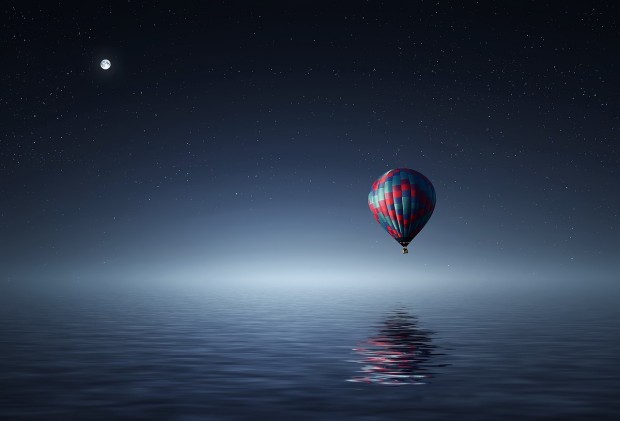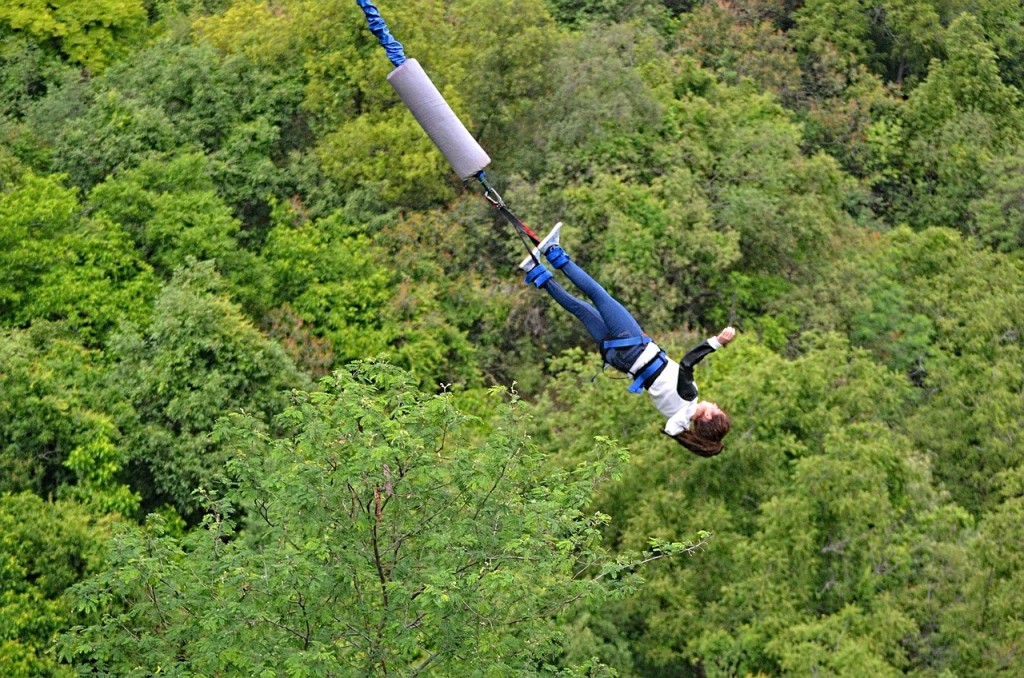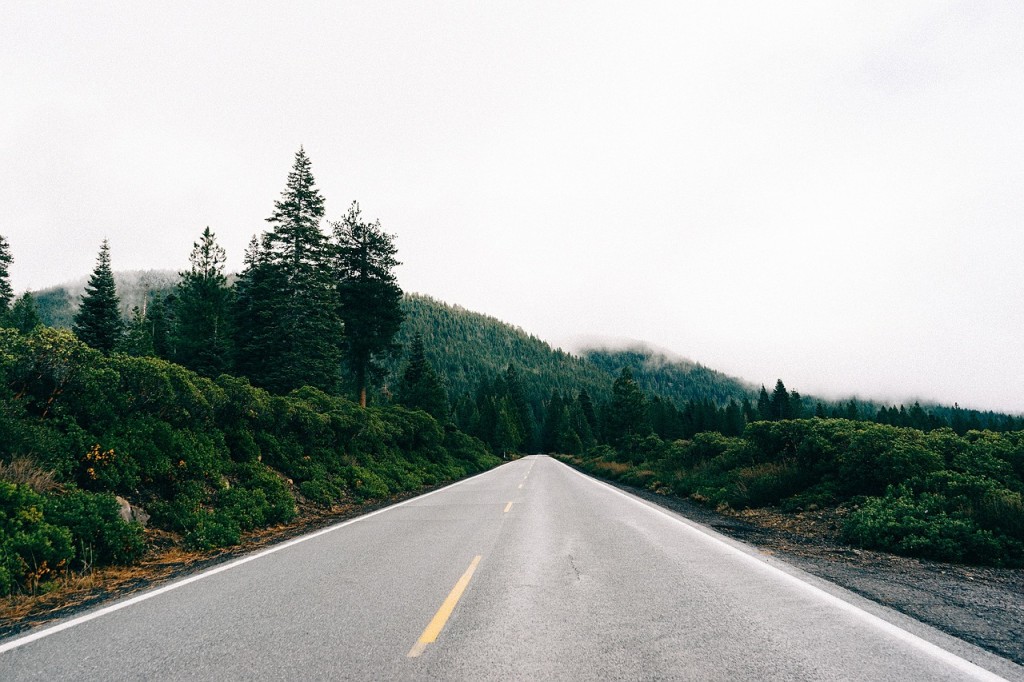Adventure travel means many different things to different people. It could be scuba diving near killer whales, bungy jumping off a bridge, or simply stepping out of your comfort zone and traveling to a destination you don’t quite consider “safe”.
The adventure travel industry has shown huge growth in the last few years, as people look for more from their vacation, and seek memorable, transformative experiences.
The Adventure Travel Trade Association (ATTA) has over 800 members, and helps to define what adventure travel actually is. First it must have some kind of physical activity, although this doesn’t necessarily need to be extreme, and could easily be something like hiking.
Second, there must be a connection to nature, such as a trek through mountains or the forest, or a wildlife tour. Third, it must include some kind of cultural experience.
It’s important to note that this can be extreme, but it can also be relatively mellow In fact a walking tour in Ireland could be an adventure tour to someone, while others may think anything short of hiking in Nepal doesn’t count as an “adventure”.
The beauty of adventure travel is how it’s so varied and broad, and includes classic adventure travel destinations such as Brazil, or Machu Picchu in Peru. Norway is also popular, and offers activities such as hiking, horseback riding, and dog sledding.
Unfortunately, more and more travellers have been booking all inclusive trips which cater to Western sensibilities, and don’t provide any real connections with international communities or other cultures.
But as travellers and tourists begin to learn more about these statistics, the hope is that they will make better choices when it comes to choosing their tour companies, and where they spend their money.
The future of adventure travel is sure to be one which is exciting, revolutionary, and offers tourists the chance to explore places we can only dream-such as space. However as the world gets gradually smaller, we can expect that the future of adventure travel will also mean traveling in a more sustainable way, and providing increased funding and opportunities for locals in the communities visited.
With increased awareness about how the money in adventure travel is spent, we can expect that people will use social media to educate other travellers, and tour operators will need to be increasingly upfront about where the money is going, and how it will benefit the local communities.
As the baby boomers continue cruising and purchasing packaged trips, younger generations will be travelling in a world which is continuing to embrace adventure travel, and encourage getting “off the beaten path”.
It’s these travellers which we can expect to be exploring space, along with places not yet visited on earth, and we can also anticipate that they will demand greater transparency from tour companies as they have been raised in a world which is increasingly connected by social media, and in which everything is questioned.












